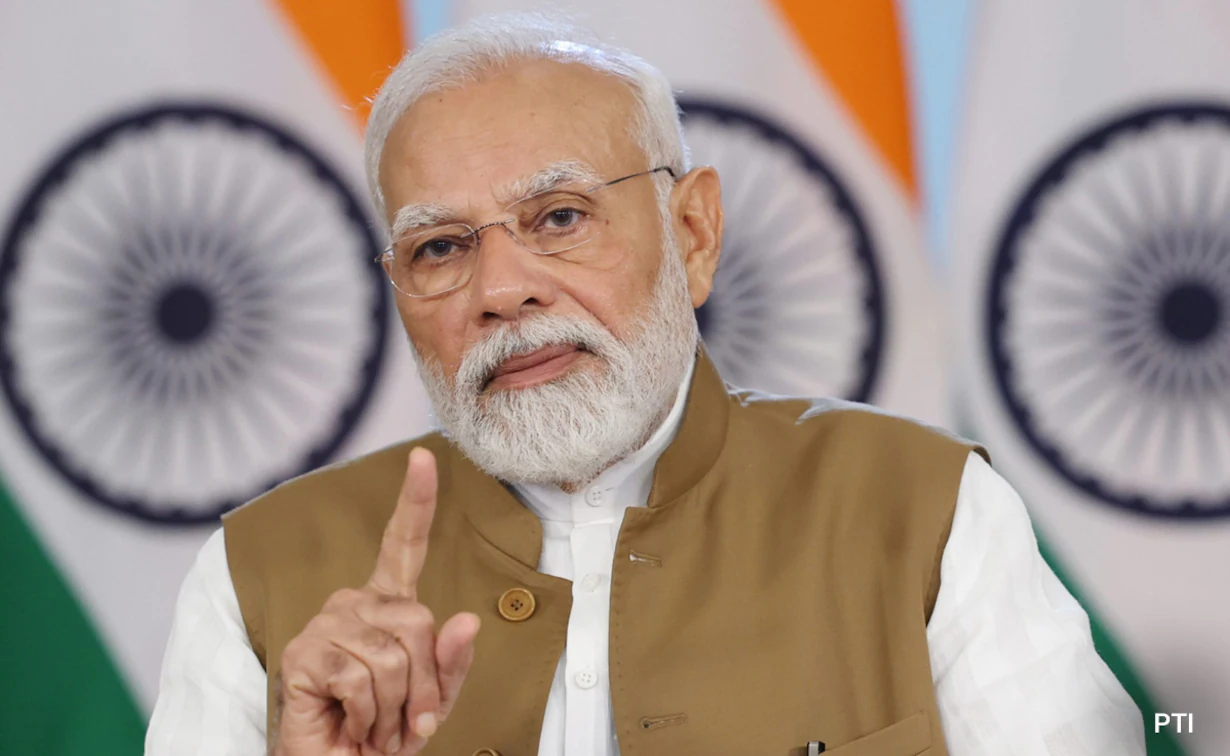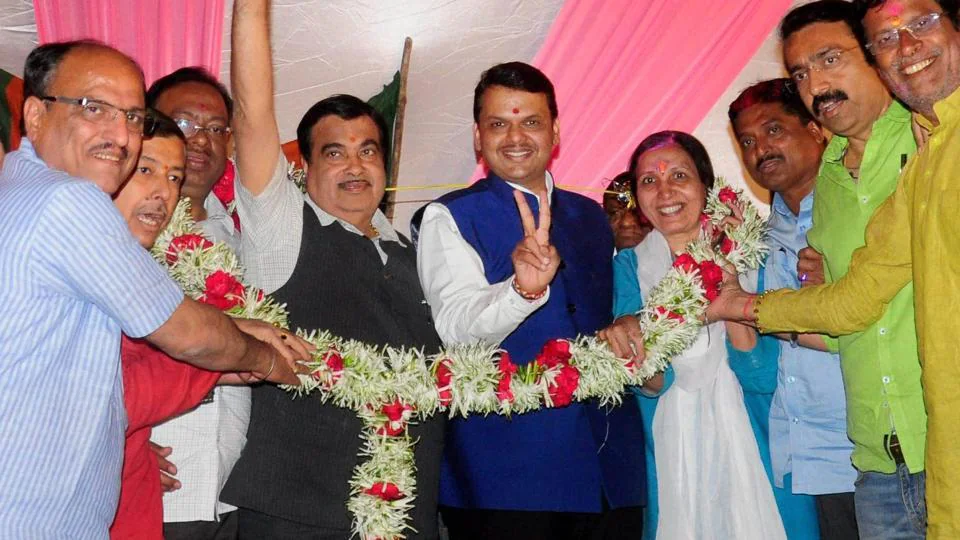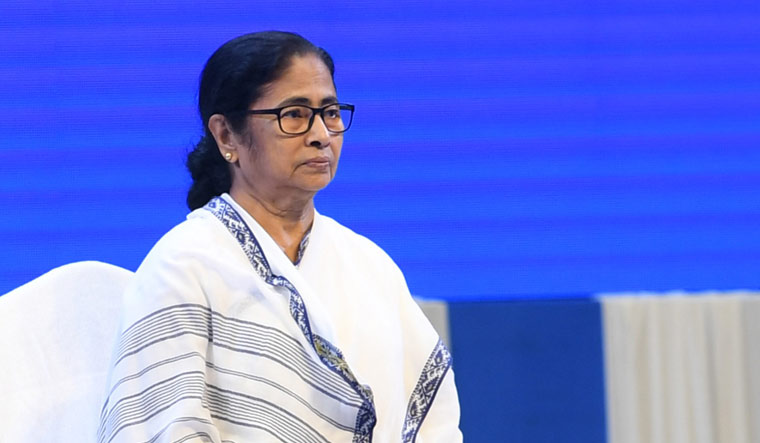In the Era of Global Competition: India’s Imperative for Enhanced External Intelligence
As the global stage witnesses a fierce rivalry between the West and China, India finds itself at a pivotal juncture, compelled to bolster its external intelligence capabilities. Prime Minister Narendra Modi, signaling a commitment to continuity in national security, is anticipated to maintain the integrity of his Cabinet Committee on Security (CCS) into his third term. National Security Advisor Ajit Doval’s inclusion in Modi’s delegation for the G-7 summit in Italy on June 13 underscores this resolve.
While decisions await confirmation regarding the tenure extensions of Dr. P.K. Mishra, Principal Secretary to the PM, and the NSA, attention also turns to pivotal appointments within India’s security apparatus. As the tenure of Tapan Deka, Director of the Intelligence Bureau, draws to a close on June 30, deliberations arise on his replacement. Deka’s commendable efforts in combating Islamist and Maoist threats within the nation highlight the significance of this decision.
With the imminent retirement of Army Chief Gen Manoj Pande on June 30, Prime Minister Modi faces a critical choice in selecting his successor. Lt General Upendra Dwivedi emerges as a frontrunner, given his extensive experience as the Northern Army Commander and his nuanced understanding of India’s strategic challenges, particularly those emanating from the northern and western fronts. Dwivedi’s firsthand encounters with cross-border terrorism, notably in the Rajouri-Poonch sector, underscore his suitability for the role.
As deliberations continue, Prime Minister Modi and Defence Minister Rajnath Singh navigate a myriad of options. However, amid the complexities of leading the Indian Army, radical departures from established norms are unlikely. Instead, a measured approach emphasizing continuity and strategic foresight is anticipated to guide India’s national security agenda in the foreseeable future.




